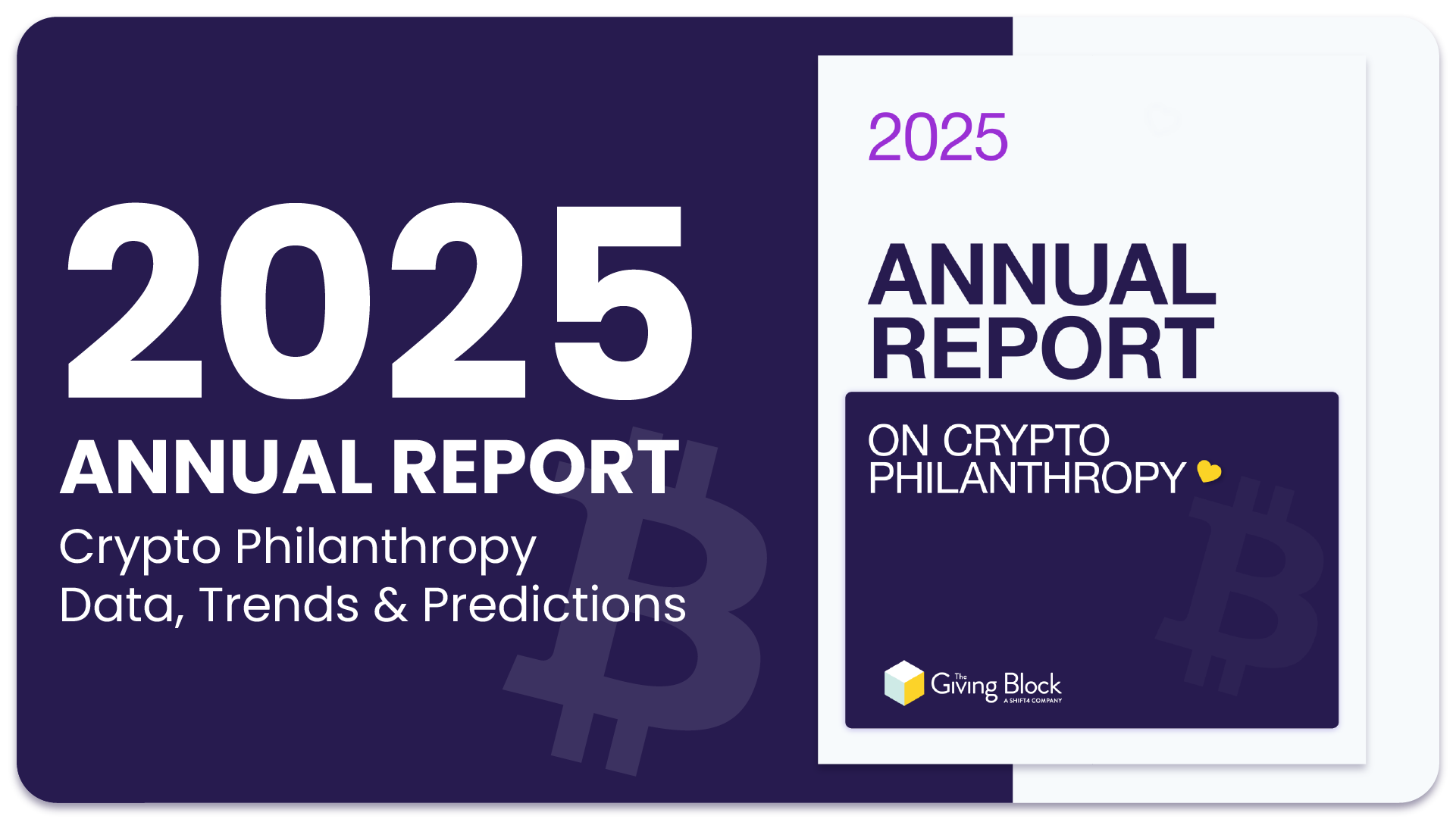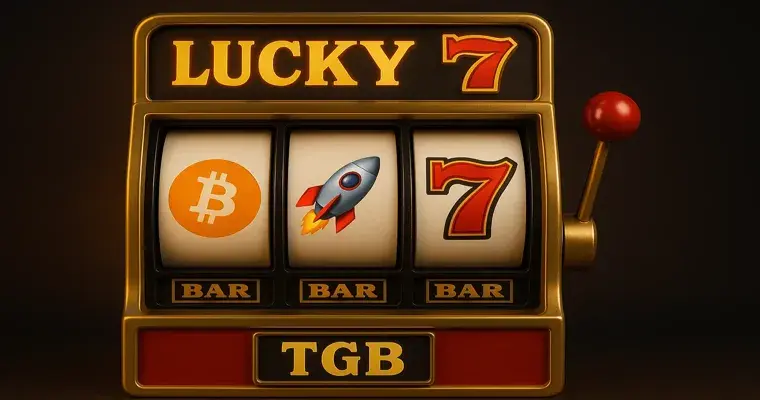When was the last time your nonprofit expanded the giving options available to donors? If it’s been a while, you might be limiting the giving potential of your supporters.
With so many flexible donation options available, nonprofits need to adapt to the preferences of modern donors by accepting all sorts of donations that aren’t limited to cash, including planned gifts, crypto, stocks, and even physical assets.
Learn about eight different types of charitable donations your nonprofit can start accepting this year:
1. One-Time Donations
This is the most common form of donation where the donor gives a specific amount of money to the nonprofit organization. These gifts can come in various formats, including checks and credit card donations submitted through online giving forms. Accepting single donations is a great way to acquire new donors or re-engage lapsed donors.
2. Recurring Donations
Recurring donations are gifts made at a regular interval, such as each month. Over the course of the year, these donations effectively add up to one large annual gift. Recurring gifts are convenient for the donor, because they allow them to give regularly without needing to remember to do so or take the time to re-enter credit card information. They’re also a powerful way to help nonprofits build a strong relationship with donors over time.
3. Legacy Donations
Legacy gifts, also known as planned gifts, are an important source of support for nonprofits because they can provide long-term, sustainable funding. That’s because many of these donations provide charities with support for an extended period of time which can last years or even decades. Legacy donations take many forms, including annuities, several kinds of trusts, and bequests made through wills.
4. Tribute or Memorial Donations
Tribute donations can be made in honor or memory of a loved one, friend or colleague. These donations help donors express their appreciation or sympathy, while supporting a cause that is important to them. Memorial donations aren’t just means of providing financial support, they can also raise awareness for the charity’s mission or impact.
5. Stock Donations
Donations of stock shares can be a key source of income for charities. In turn, donors who give appreciated non-cash assets like stocks to charities can receive significant tax benefits. By donating stock, donors can avoid paying capital gains taxes on the appreciation and typically can receive a tax deduction for the full fair market value of the stock at the time of the donation.
6. Crypto Donations
Like stock donations, crypto donations are another form of non-cash asset giving. The community of crypto users, however, is a highly unique donor demographic known for their youth, tech-savviness, relative affluence, and generosity for supporting the causes they believe in.
While crypto philanthropy is still an emerging trend in fundraising, it’s helped thousands of nonprofits make a difference in the world through donations worth hundreds of millions of dollars over the past few years.
7. Physical Property Donations
Nonprofits can accept tangible property items like cars, boats and even real estate as charitable donations. In some cases, a charity might even request certain types of property that can enable them to better fulfill their mission. In many cases, though, the donor will simply donate the item and receive a tax benefit in return, while the nonprofit can decide whether to keep or sell it for cash.
8. In-Kind Donations
In-kind donations are non-cash gifts that can include time, services and physical goods. In-kind charitable gifts can help nonprofits have access to specific mission-relevant resources or even giveaway items for fundraising galas and raffles. Some forms of volunteering can be considered in-kind donations, too, if they offer a specialized skill.
Final Thoughts
Letting your supporters donate how (and what) they want to give is smart fundraising. Offering multiple giving options has the double benefit of maximizing the impact of one-time donations while also helping to earn your donors’ appreciation, which can lead to more donations in the future.




















